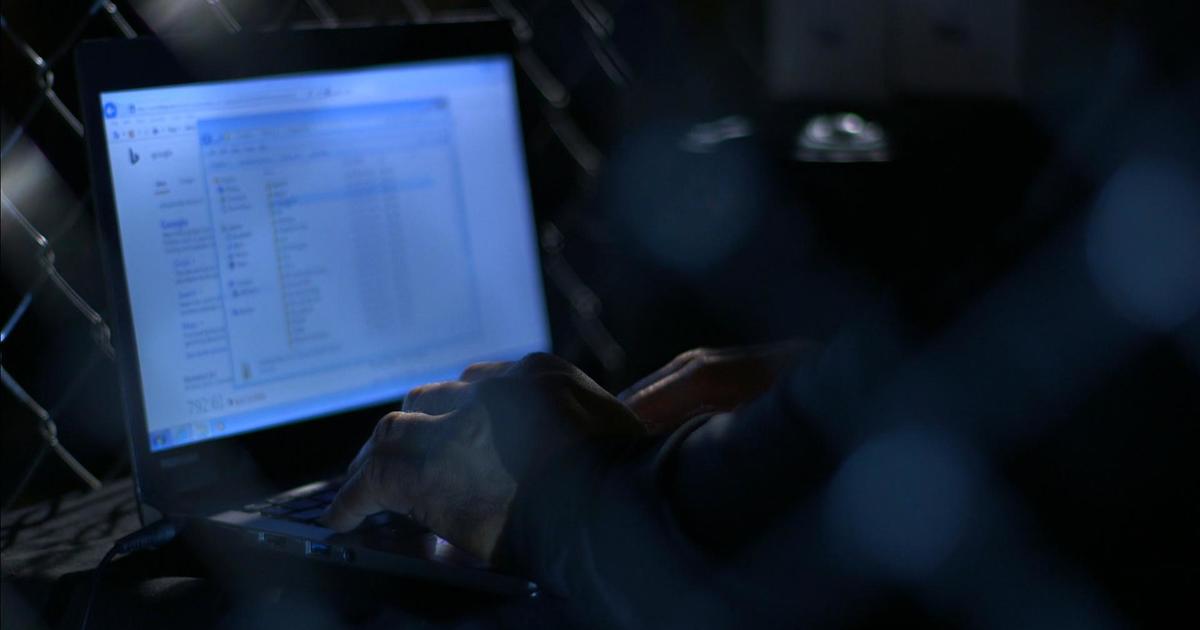State-Backed Hackers from Iran Target US Presidential Campaigns
Google Report Reveals Extensive Phishing Attacks
A new report by Google reveals that state-backed hackers from Iran have launched extensive phishing attacks against both Democratic and Republican presidential campaigns. These attacks include attempts to breach the personal emails of campaign members and Biden administration officials. The FBI has launched an investigation into these cyber attacks, while Iran has denied any involvement.
Phishing Attacks and Cybersecurity Risks
Phishing attacks are a common tactic used by hackers to gain unauthorized access to sensitive information. By disguising themselves as a trustworthy entity, hackers trick individuals into providing their login credentials or downloading malicious software. In the case of the recent attacks on US presidential campaigns, the hackers targeted high-profile individuals in an attempt to gather intelligence and disrupt the democratic process.
Cybersecurity experts warn that these attacks pose a significant risk to national security and the integrity of the upcoming presidential election. The compromised emails could contain confidential information that, if leaked, could be used to manipulate public opinion or influence political decisions. It is crucial for campaign staff and government officials to remain vigilant and take necessary precautions to protect their information from malicious actors.
Impact on Individuals
As a regular citizen, you may wonder how these cyber attacks will affect you. The breaches of personal emails and sensitive information can have far-reaching consequences beyond the immediate targets. Your personal data could be compromised in a data breach, leading to identity theft or financial fraud. Additionally, if hackers are able to manipulate public opinion through leaked information, it could impact the outcome of the election and shape government policies that affect all citizens.
Global Implications
The targeting of US presidential campaigns by state-backed hackers from Iran has significant implications for global cybersecurity. It highlights the growing threat of cyber warfare and the need for countries to strengthen their defenses against malicious actors. As cyber attacks become more sophisticated and frequent, governments around the world must work together to combat this threat and protect the stability of the international community.
Conclusion
The recent phishing attacks on US presidential campaigns by state-backed hackers from Iran serve as a stark reminder of the importance of cybersecurity in today’s interconnected world. As technology continues to advance, so too do the tactics employed by malicious actors seeking to undermine democratic processes and national security. It is essential for individuals, organizations, and governments to remain vigilant and take proactive steps to protect themselves from cyber threats. By working together and sharing information, we can defend against cyber attacks and safeguard our digital infrastructure for the benefit of all.





